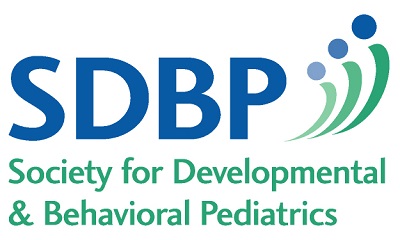The Prevalence of Gastrointestinal Problems in Children... : Journal of Developmental & Behavioral Pediatrics (original) (raw)
Original Article
The Prevalence of Gastrointestinal Problems in Children Across the United States With Autism Spectrum Disorders From Families With Multiple Affected Members
From the *Medical Investigation of Neurodevelopmental Disorders (M.I.N.D.) Institute, University of California at Davis Medical Center, Sacramento, CA; †Department of Pediatrics, School of Medicine, University of California, Davis, Sacramento, CA; ‡Division of Pediatric Gastroenterology and Nutrition, Children's Hospital Los Angeles, Keck School of Medicine at the University of Southern California, Los Angeles, CA.
Received May 2010; accepted March 2011.
This work was supported by grants from the American Academy of Pediatrics, Celiac Foundation of America, and the Children's Hospital Los Angeles, Department of Pediatrics. The Autism Genetic Resource Exchange (AGRE) is a program of Autism Speaks and is supported, in part, by grant 1U24MH081810 from the National Institute of Mental Health to Clara M. Lajonchere (PI).
Address for reprints: Lulu W. Wang, MD, M.I.N.D. Institute, University of California, Davis Health System, 2825 50th Street, Sacramento, CA 95817; e-mail: [email protected].
Journal of Developmental & Behavioral Pediatrics 32(5):p 351-360, June 2011. | DOI: 10.1097/DBP.0b013e31821bd06a
Abstract
Objective:
To perform a large registry-based study to determine the relative prevalence of gastrointestinal (GI) problems in children with an autism spectrum disorder (ASD) from families with multiple affected members compared with their unaffected sibling(s).
Methods:
In-home structured retrospective medical history interviews by parent recall were conducted by a pediatric neurologist. Our analysis sample included information about GI health of 589 subjects with idiopathic, familial ASD and 163 of their unaffected sibling controls registered with Autism Genetic Resource Exchange. Individuals with ASD were subgrouped into 3 autism severity groups (Full Autism, Almost Autism, and Spectrum) based on their Autism Diagnostic Interview—Revised and Autism Diagnostic Observation Scale scores.
Results:
Parents reported significantly more GI problems in children with ASD (249/589; 42%) compared with their unaffected siblings (20/163; 12%) (p < .001). The 2 most common Gl problems in children with ASD were constipation (116/589; 20%) and chronic diarrhea (111/589; 19%). Conditional logistic regression analysis showed that having Full Autism (adjusted odds ratio [AOR] = 14.28, 95% confidence interval [CI]: 6.22–32.77) or Almost Autism (AOR = 5.16, 95% CI 2.02–13.21) was most highly associated with experiencing GI problems. Increased autism symptom severity was associated with higher odds of GI problems (AOR for trend = 2.63, 95% CI: 1.56–4.45).
Conclusions:
Parents report significantly more GI problems in children with familial ASD, especially those with Full Autism, than in their unaffected children. Increased autism symptom severity is associated with increased odds of having GI problems.
© 2011 Lippincott Williams & Wilkins, Inc.
